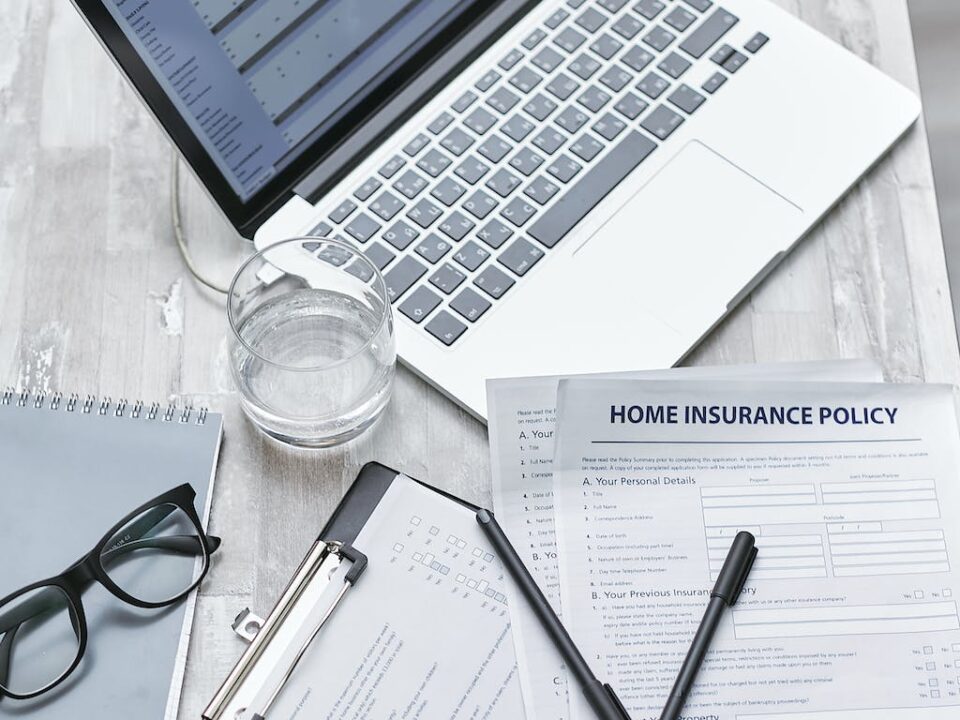Owning a home is a dream come true for many of us. It’s a place of comfort, cherished memories, and security. However, the journey of homeownership also comes with responsibilities, one of which is having homeowners insurance. Whether you’re a new homeowner or simply looking to understand this essential aspect better, we’ve covered everything you need to know about homeowners insurance.
What Is Homeowners Insurance?
Homeowners insurance is a policy designed to protect your home, its contents, and your personal liability in case of unforeseen events. These events could include natural disasters like storms, fires, theft, and vandalism. Homeowners insurance can help protect you financially if your home is damaged or you face a liability claim.
Coverage Types
Dwelling Coverage:
This type of coverage protects the structure of your home, including its foundation, walls, roof, and built-in appliances, from covered perils. It’s crucial to have enough dwelling coverage to rebuild your home in case of a complete loss.
Personal Property Coverage:
This covers your belongings, such as furniture, electronics, clothing, and more, in case they are damaged, destroyed, or stolen. Make sure to take an inventory of your possessions to accurately assess the coverage you need.
Liability Coverage:
If someone is injured on your property and decides to sue, liability coverage can help cover legal expenses and medical bills. This extends to incidents that occur even outside your home, caused by you, your family members, or even your pets.
Additional Living Expenses (ALE) Coverage:
If your home becomes uninhabitable due to a covered event, ALE coverage helps pay for temporary housing, meals, and other living expenses.
Factors Affecting Premiums
Several factors influence your homeowners insurance premiums:
Location:
Homes in areas prone to natural disasters like hurricanes or earthquakes may have higher premiums.
Home’s Age and Condition:
Older homes might have higher premiums due to increased risks. Regular maintenance can help mitigate this.
Coverage Limits:
Higher coverage limits usually result in higher premiums.
Deductible:
A higher deductible can lower your premium, but be sure you can afford the out-of-pocket expenses if you need to make a claim.
Security Measures:
Installing security systems, smoke detectors, and alarms can result in substantial premium discounts.
Shopping for Homeowners Insurance
When shopping for homeowners insurance, it’s a good idea to:
Compare Quotes:
Obtain quotes from multiple insurers to ensure you get the best deal.
Understand Coverage:
Thoroughly understand what each policy covers and any exclusions.
Bundle Policies:
Consider bundling your homeowners insurance with other policies like auto insurance for potential discounts.
Review Annually:
Regularly review your policy to ensure it meets your needs, especially if you make home improvements or acquire new valuables.

